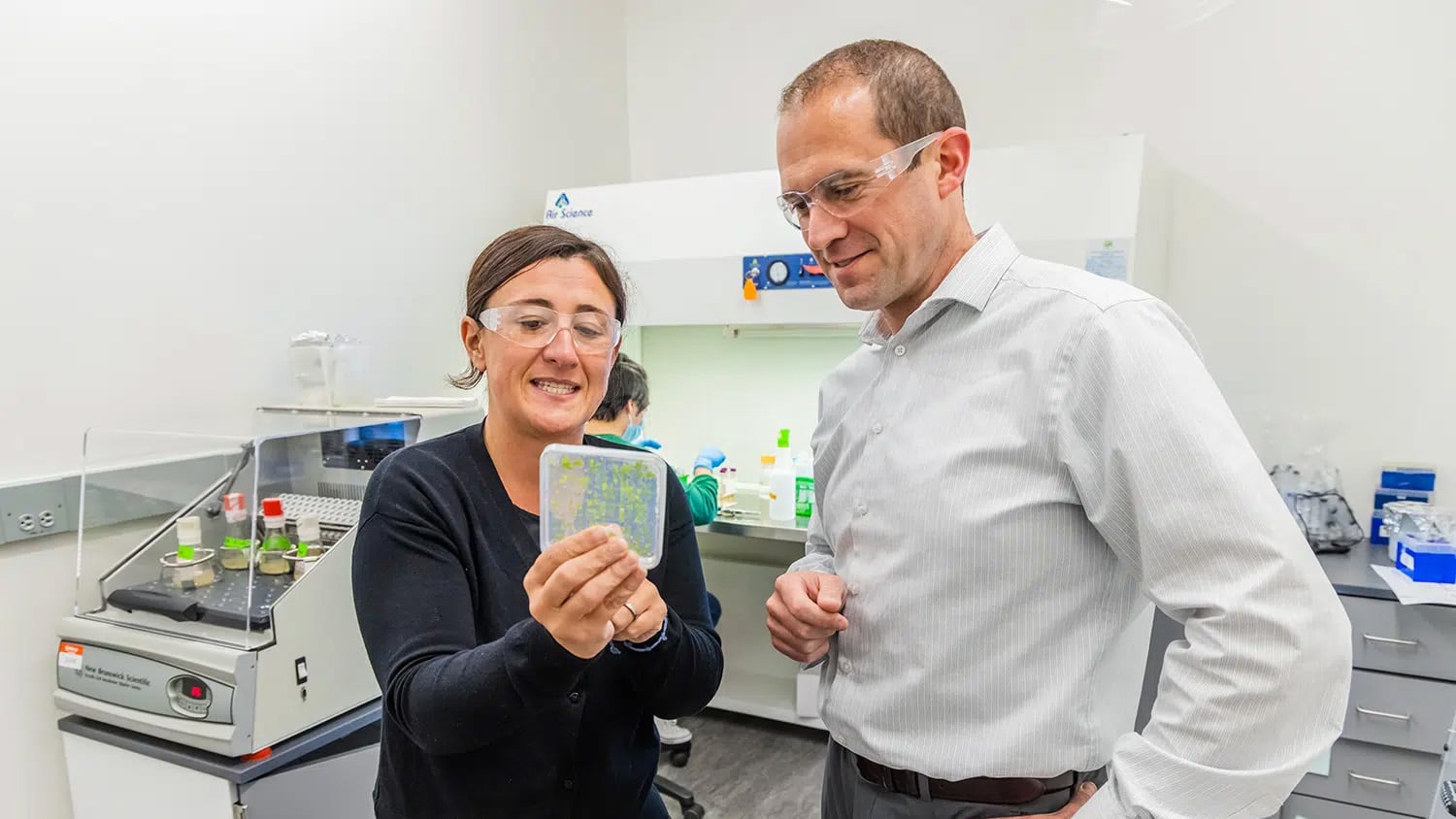Experts: Food Safety Audits Need an Overhaul
Much of the food industry relies on third-party audits of practices, processes and facilities to ensure the food that ultimately reaches consumers is safe. But a new paper from food safety researchers at NC State and Kansas State University argues that these audits need to be overhauled in order to protect public health.
Food product buyers – such as retailers and food service providers – often have third-parties perform audits of farmers and food processors to ensure that they are in compliance with the buyers’ food safety standards. But the audits are far from a guarantee of food safety.
“We’ve seen examples of facilities that have received favorable audits, only to be linked to foodborne illness outbreaks,” says Ben Chapman, a food safety researcher at NC State who co-authored the paper.
Some of the audit problems outlined in the paper include inconsistent expertise on the part of the auditors, as well as inspections that only examine part of a food production or processing operation.
But a second aspect of the problem rests not with the audits, but with how they’re used.
For example, the buyers that requested the audit may not have the background necessary to understand the audits they receive. This can make it difficult for the buyers to appreciate food safety concerns identified in an audit – much less know whether this information demands action on their part.
“Auditing can be a useful tool,” Chapman says, “but it needs to be part of a larger food safety effort. We shouldn’t be too reliant on it, since an audit represents a snapshot in time and is only as good as the auditor who conducts it.”
The new paper outlines a number of steps that can be taken to improve the utility of audits, including:
- Requiring auditors to be trained and certified, to ensure they are able to identify potential hazards.
- Training buyers to read and understand audits – and encouraging them to perform spot-checks of suppliers to ensure their operations are consistent with the audits.
- Having buyers share aggregated audit results with regulatory agencies. This would help regulators understand food safety trends and challenges, which can be used to prioritize limited public health resources.
The paper, “Audits and inspections are never enough: A critique to enhance food safety,” is published online in the journal Food Control. The lead author is Doug Powell of Kansas State.



